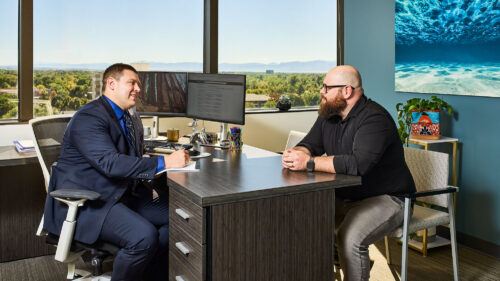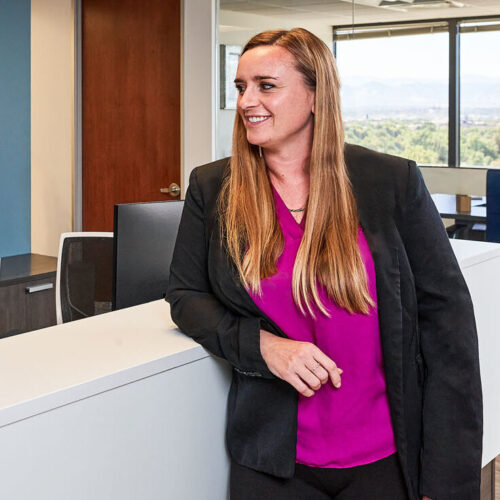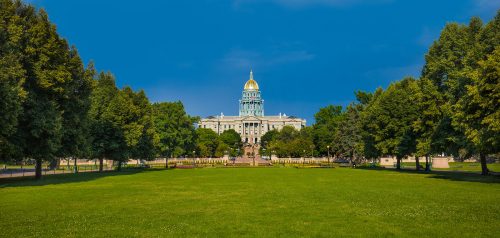Because of difficulties in the distant past in locating a qualified marriage officiant, common-law marriages occurred quite frequently.
Most people are familiar with old Western movies where common-law marriages were a feature. Even today, some people in Denver prefer this form of marriage. The state of Colorado is one of nine remaining states that recognize it as a legally binding marriage. This means that it is subject to the same laws that govern marriage and divorce in Denver.
Because of this, it is best to hire a lawyer who is experienced in these matters if you run into problems.
What is a Common Law Marriage in Denver?
A traditional marriage has a ceremony, usually involving a religious figure like a pastor or priest, who “solemnizes” the marriage.
The officiant will file for a marriage license at the appropriate county office of the clerk and recorder.
In Colorado, a marriage may be solemnized by:
- A judge of a court
- A court magistrate
- A retired judge of the court
- A public official whose powers include solemnization of marriages
- Indian tribe officials
- A member of the clergy
- A third-party witness
- The parties to the marriage
How Does Common Law Marriage Work?
A common law marriage, unlike a traditional marriage, does not require any ceremony or solemnization. No matter if you enter into a common law marriage or a “traditional” marriage–you are legally married. Common law marriage was effectively “exported” to the U.S. from the UK. In 1877, the Supreme Court ruled that a non-ceremonial marriage was a valid and enforceable marriage under U.S. law unless it was forbidden by the laws of the individual state.
While some people may regard common law marriage as less legitimate than a traditional marriage, the law views it as exactly the same. Spouses enjoy the same rights and benefits, and their obligations are the same too. From a social security and tax point of view, for instance, the rights of a common-law couple are exactly the same as those who had a ceremonial marriage.
Note that if you have a common-law marriage in Denver and subsequently relocate to another state where it is not recognized, your marriage will remain valid in the eyes of the law.
Risks of Filing Common Law Divorce without an Attorney
Navigating a common law marriage divorce on your own can pose several risks:
- Legal Understanding: Without proper guidance in Colorado, you might overlook crucial legal requirements for starting or ending a common-law marriage, leading to complications during the divorce process.
- Protecting Your Rights: Without legal representation, you may not fully comprehend your entitlements regarding property division, spousal support, or child custody. This could result in an unfair settlement or loss of important assets or support.
- Complex Legal Documents: Divorce proceedings involve various legal documents and procedures. Handling these tasks independently can be challenging and may lead to delays or errors that prolong the divorce process.
- Dispute Resolution Difficulty: Without legal representation, you may struggle to negotiate with your spouse or resolve disputes amicably. This could escalate into contentious legal battles, causing increased stress and expenses.
- Risk of Unfair Settlements: Your spouse may have an attorney, giving them an advantage in child and asset negotiations. Without an attorney to advocate for your interests, you may be more likely to agree to terms that are unfavorable to you.
Common Law Divorce in Colorado
In Colorado, common-law marriages hold the same legal weight as traditional marriages. Consequently, the dissolution of a common law marriage follows similar procedures to that of a ceremonial marriage. Although common law marriage dissolution doesn’t require a formal divorce process—since there was no formal marriage ceremony—it still demands legal proceedings to dissolve the union.
If you’re looking for a Colorado Attorney specializing in common-law divorce, reach out to our experts at Colorado Legal Group.



